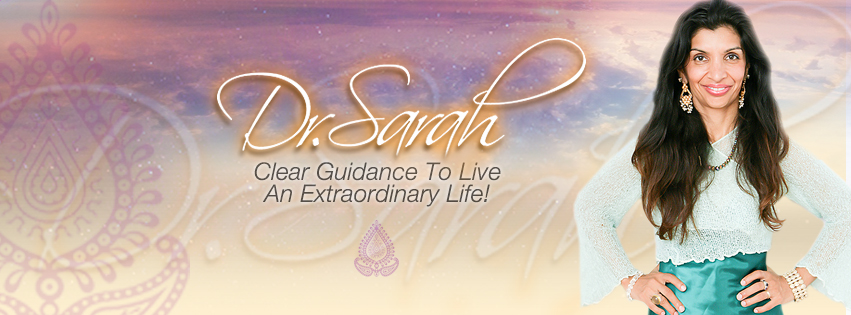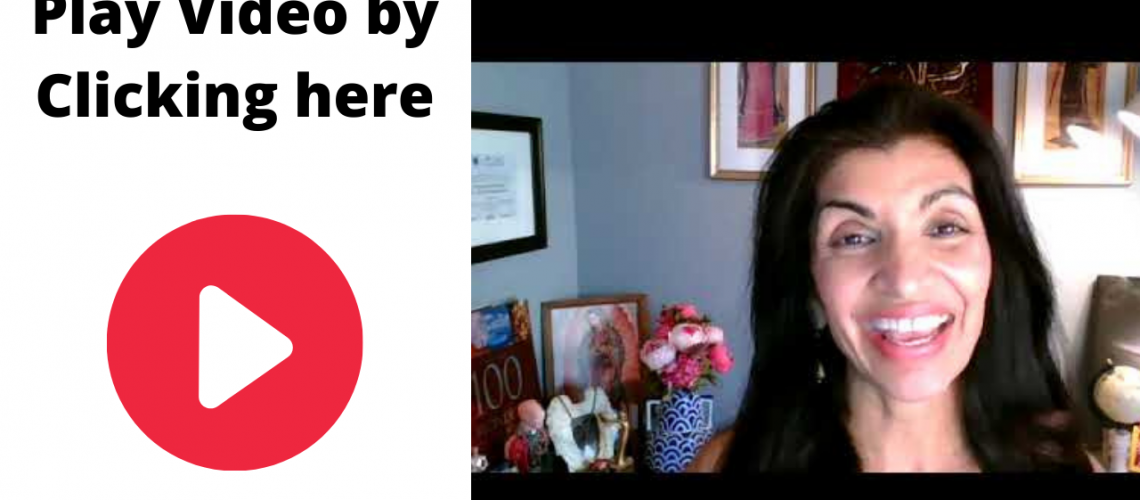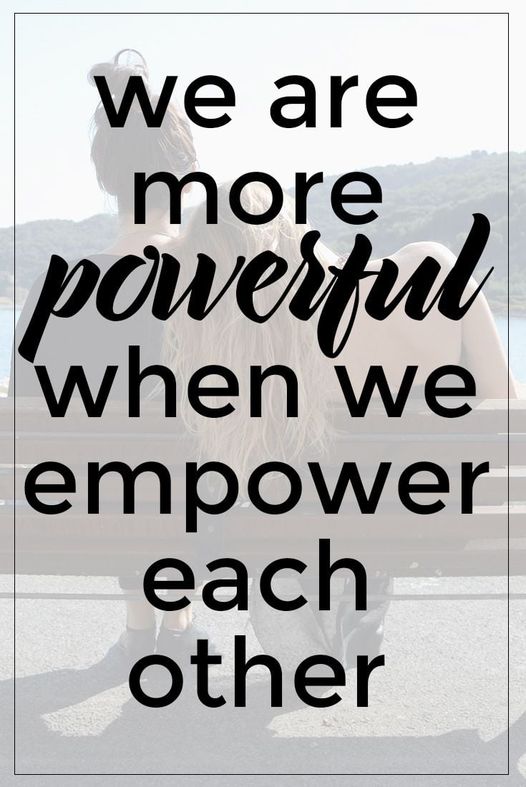
Just know how sorry all LIFE feels when the greatest good is being misunderstood!
Your relationship does not work out and a separation or divorce is the option you have leaned into. Changes, when a child is not involved, can be hard, complicated, and painful.
A layer of complexity is entered into your life when a child is involved! An extra layer of compassion becomes available to you. There are so many thoughts, feelings, and ideas that are hard to express by you, and let alone, how do you cope, heal, feel and Thrive with a child in tow!
This page is filled with gems, Healing vibrations, and possibilities for you.
Watching the videos, make it a habit to daily review this page for you!
On this page, you will Heal,
You will begin by understanding ACEs -then explore “Formation” followed by –
Making the Miracles You are here to make!
Separation and Divorce is considered an Adverse Childhood Experience (ACE)
An adverse childhood experience (ACE) describes a traumatic experience in a person’s life occurring before the age of 18
Adverse Childhood Experiences (ACEs)
Adverse Childhood Experiences (ACEs) have a tremendous impact on future violence victimization and perpetration, and lifelong health and opportunity. Working together, we can help create neighborhoods, communities, and a world in which every child can thrive.
Here are some ways to help kids cope with the upset of a seperation
Help your Child Attach to Healthy Adults in Your Environment
The Attachment Theory: How Childhood Affects Life
The Four Attachment Styles are: secure, anxious-preoccupied, dismissive-avoidant and fearful-avoidant. The attachment theory is a psychological model that attempts to describe the dynamics of long-term and short-term interpersonal relationships between humans. Our relationship styles is believed to be developed very early on in life, largely influenced by the relationships we have with our parents and sometimes peers.
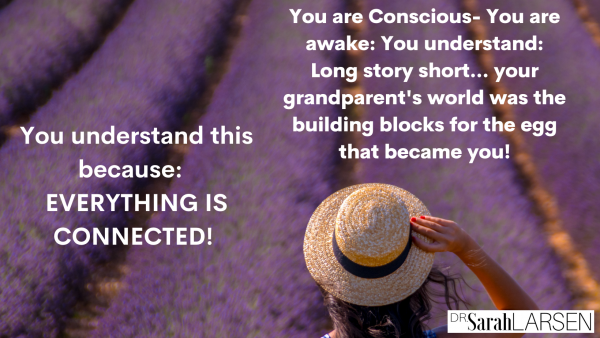
The whole world creates critical emotional bonds to their children and your children’s children.
In other words, consider that your Divorce or Separation started long before you were born!
Epigenetics and research comprehensively demonstrate -Your relationship/personality/resource challenges may not be your fault!
Our society, genes, expectations and so much more may have set you up before you were even born!
Understanding this with your whole heart may be the healing you and your child need!
You can make sure you do not pass down the challenges to the next generation by following these
FORMATION- YOU ARE A MIRACLE! YOU MAKE MIRACLES!
Did Everything starts the day your mom’s egg met your dad’s sperm. 4 weeks later, your little brain begins to form. Epidemiologist David Barker says that whilst developing inside your mother, you are receiving ‘postcards’ from the outside world.
These postcards tell us if this world is dangerous or safe if food is plentiful or scarce. Knowing nothing else, you learn from those messages.
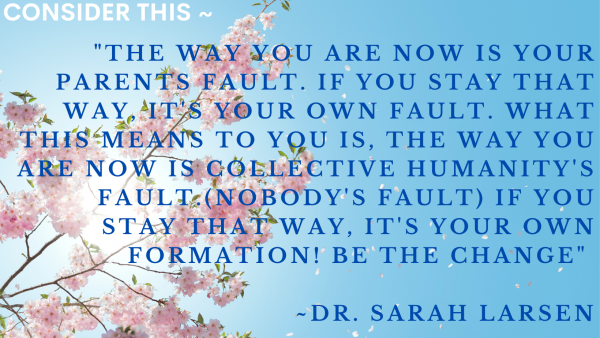
What does Fault mean?
1: a weakness in character: failing. Tardiness is my worst fault.
2: responsibility for something wrong. Why should she take the blame when it wasn’t anyone’s fault?
3: flaw, imperfection. They bought the story even though it had a fault in the design.
4: a crack in the earth’s crust along which movement occurs.
You are not at Fault – Are you ready to create a better way?
You and your birth are miracles- You are here to create and be Your own unique form!
Your Own Formation is Making Miracles! You are beautiful in your truest nature!
Trust Nature!
How to Be the Change:
Encourage Honesty
Talk to your children about what it means to be honest and why honesty is an important value. You can also encourage honesty by building trusting relationships with your children and helping them to develop self-awareness. Discuss the importance of being able to trust one another. Acknowledge that telling the truth may seem difficult sometimes. Sometimes we may not even notice when we are lying. While you should emphasize with your child that lying is wrong, it’s also important to note that occasionally there are good reasons to lie or to not tell the entire truth and provide specific examples. If your child is given a gift that he/she does not really like, you might say to your child that it is better to say you like the gift and express thanks rather than reveal your true feelings.
YOU CAN:
Take turns reflecting on a recent time you were dishonest. This may include telling a small white lie or even just leaving out a piece of information. As a parent, you could also share an example from your childhood. After you have both shared, discuss the impact of your dishonesty and what you could have done differently. How did it affect others? You?
Model Honesty
Children learn values by watching our actions and the actions of other adults they respect. Pay close attention to whether you are modeling honesty and integrity in your day to day interactions. Notice when your actions don’t align with the messages you’re sending. Nobody is perfect all the time. Acknowledge these moments and use them to model honesty and self-awareness.
Create awareness
Honest Attention Day: This activity is meant to bring more awareness to the behavior you are modeling. For one day, from when you wake up until you go to bed, pay particular attention to how honest you are. Jot down notes if you need to. At the end of the day, reflect on how honest you were. Are you surprised? Would you do anything differently?
Praise Honesty
Being honest sometimes takes a lot of courage. If a child tells a harmful lie, it’s important to remind them that it is wrong to lie and why it is wrong, but it’s also important to thank your child for their honesty and willingness to share. Let your child know that you are proud of their honesty.
“Integrity is telling myself the truth. And honesty is telling the truth to other people.” …“Honesty is more than not lying. It is truth-telling, truth speaking, truth living, and truth loving.” …“No legacy is so rich as honesty.” …“It takes strength and courage to admit the truth.” …“Honest people don’t hide their deeds.”
———–
Children are especially prone to separation anxiety during times of stress. Separation anxiety differs from normal clinginess. Children with the disorder can’t think about anything but the present fear of separation. They may have nightmares or regular physical complaints. They may be reluctant to go to school or other places.
Is Parenting is your first or second childhood? How Childhood Affects Life – Yours, Ours, and Your Child’s
Everything starts the day your mom’s egg meets your dad’s sperm. 4 weeks later, your little brain begins to form. Epidemiologist David Barker says that whilst developing inside our mother, we are receiving ‘postcards’ from the outside world. These postcards tell us if this world is dangerous or safe if food is plentiful or scarce. Knowing nothing else, you can understand your bio;ogy learned from those messages to ensure your survival.
Self-Mastery and working with Transgenerational Healers like Dr. Sarah Larsen helps new parents build those critical emotional bonds to their children.
You can rewrite your biology and theirs – It is not wishful thinking! It is the nature of energy –
Here are a few steps to help your child and you:
